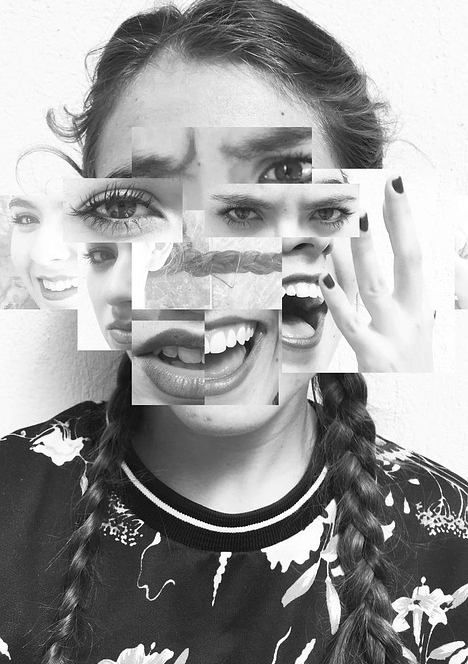CBT For Appearance Concerns
We’ve all felt insecure about our appearance at some point in our lives. We may feel we are not tall enough, not slim enough or not pretty enough, and may use make up or change our hairstyle to help us feel good about ourselves.
Sadly, some people become so dissatisfied with their looks that it restricts their everyday life. We live in a society of social media perfection, air-brushed celebrities and adding filters to our photos to ‘improve’ how we look, and this can have a negative impact on many people.
Someone who is overconcerned by their appearance isn’t vain or self-absorbed, it’s a distressing condition which can impact on the relationships and career of sufferers. They may find themselves socialising less or only meeting family and friends after spending a disproportionate amount of time getting ready. Going to work may become a struggle as people with appearance concerns may feel they are being judged negatively about how they are dressed or how they look. Even activities such as going to the gym or the swimming pool can become a struggle due the false belief that others will be judging their body.
Negative thought patterns centred on appearance can ultimately cause anxiety, embarrassment and shame, which have a negative effect a person’s emotional well-being. In extreme cases, appearance concerns can lead to excessive dieting, bulimia or other health conditions which can be physically damaging.
How CBT can help overcome appearance concerns
Cognitive behavioural therapy (CBT) is an evidence-based form of psychotherapy that centres on changing negative thoughts and behaviours into more realistic and positive ones. A qualified and professional CBT therapist can teach their clients the necessary skills to challenge distorted thinking patterns and overcome them.
Only by identifying irrational and inaccurate perceptions concerning their appearance can a person begin to understand and challenge them. CBT helps a person to interpret the situations that have previously triggered unhelpful thoughts about their appearance and make positive changes to their thought process.
Being aware of their distorted thoughts and learning to replace them with productive and positive thinking patterns will lead to the person coping more effectively in breaking the cycle of negative thoughts.
Professional help is available
It’s important to remember that help is available. Cognitive Behavioural Therapy Interventions, Jamie Dempsey M.A. BABCP accredited CBT therapist (About me link) is a reputable and highly experience CBT Practice who has treated a diverse range of clients experiencing anxiety or depression as a result of appearance concerns. The practice supports clients in reducing emotional distress and negative thoughts and to look forward to a happier and more fulfilling life.



